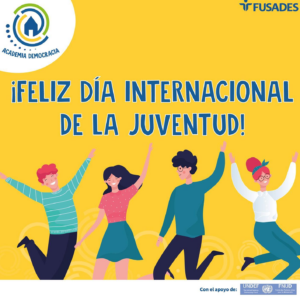Lesson Learned: Project design should focus on the detailed definitions of Global Objective, Specific Objectives, Actions, Indicators (at outcome and output level), Baseline and Targets. As it stands, the project definition lacked a clear project design matrix; overall and specific objectives and outputs were missing; outcome indicators were missing (outcome indicators were in fact output indicators), and outputs were not defined. Lastly, no sources of information/means of verification were formulated.
